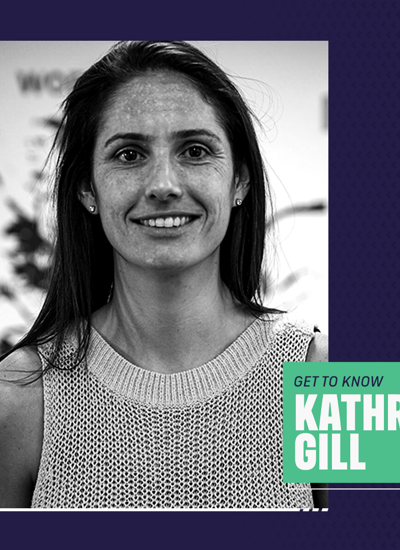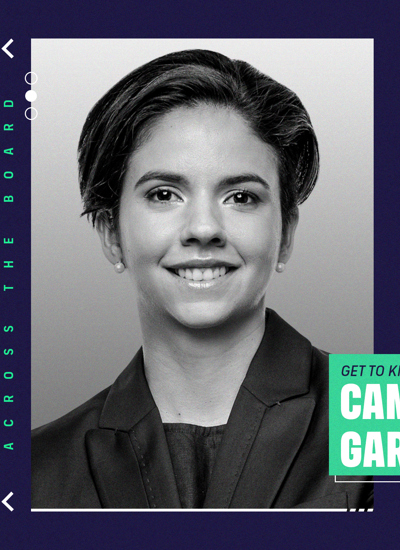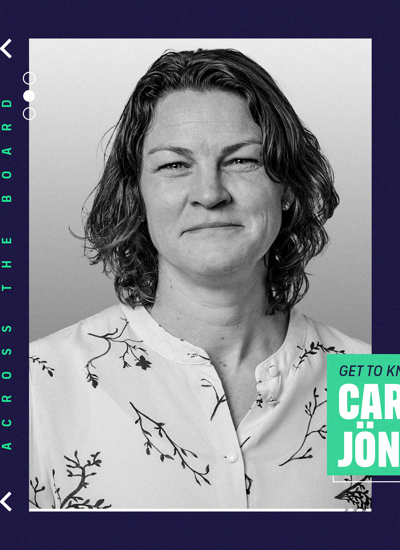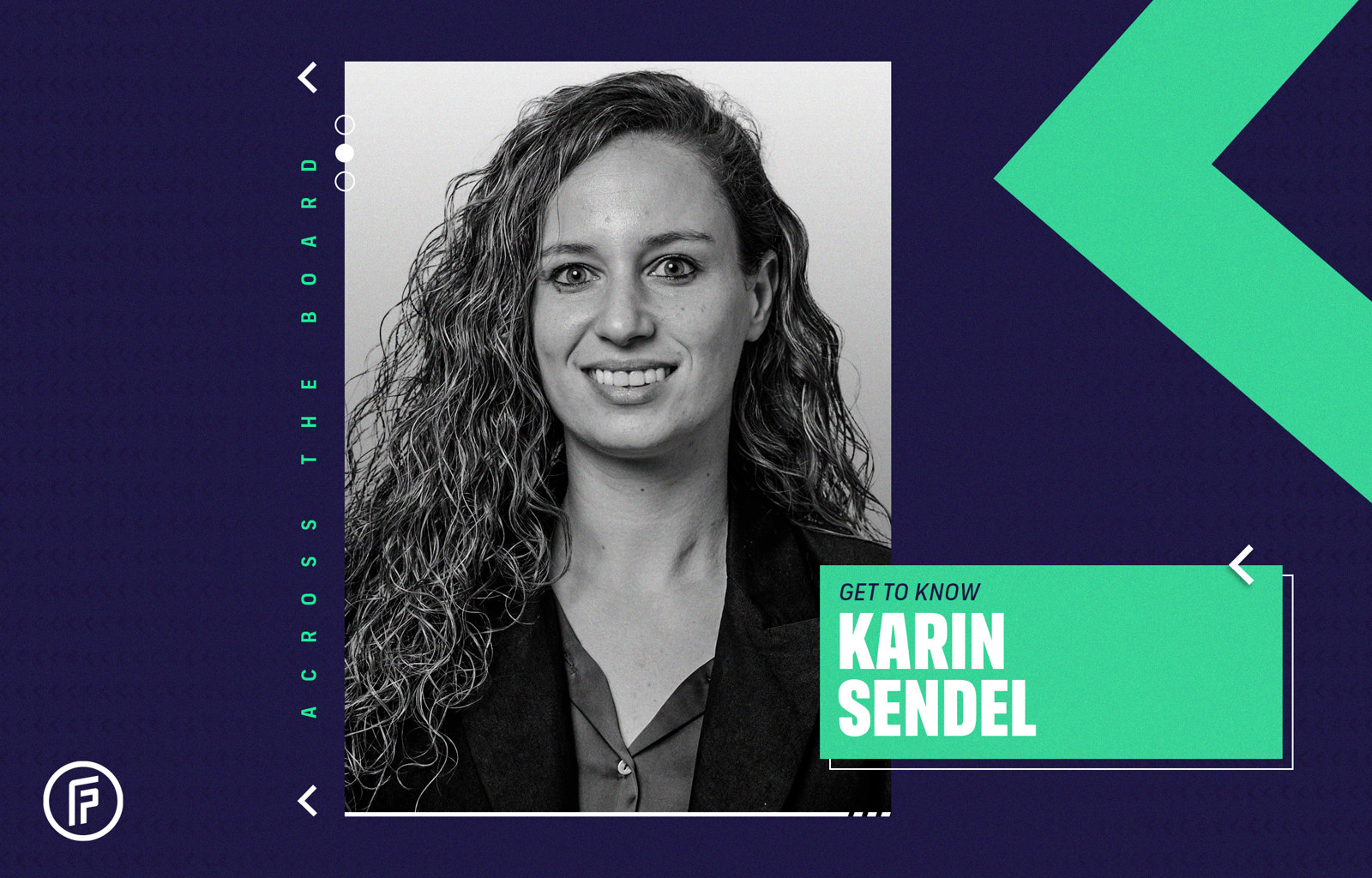
FIFPRO introduced an 18-person board, the most diverse in the global player union’s 56-year history, during its General Assembly in November 2021.
Across the Board aims to profile all 18 board members. Next: Israel's Karin Sendel, representing Europe.
Karin Sendel
• Israel and WFC Ramat HaSharon midfielder
• Also played in Iceland and the United States
• Master’s in social psychology
• Chair of the Israel Football Players Organisation (IFPO)
How did you get involved with the player union?
To be honest, I never thought of being the chair of the union. When president Nir Alon reached out to me because he thought I would be a good candidate, my initial reaction was: ‘I don't know if I have time for this or if I'm suitable for it’. We women have doubts whether we're worthy to be in those places – imposter syndrome.
When I gave it some thought, I figured that if I'd be a part of an organisation that looks after the rights of the players, it would also be a big platform to bring forth my agenda to promote women's football. I would be in a position where I could contribute to fixing problems that men’s and women’s players experience. I ended up getting 63 percent of the player votes, which was surprising for me. I am the first woman to become the chair and I don’t know how many women worldwide have won a similar election.
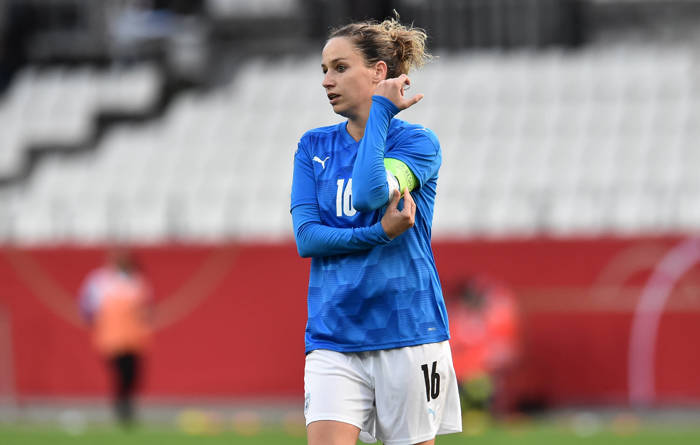
You are also a social psychologist.
Growing up, I was the only girl playing football with boys. I had all this anger in me towards society, because I saw all those barriers. I didn't know who I should be mad at for not letting me have the same opportunities or the same dreams as boys. I realised that I needed better tools to change the reality that I live in, to create more equality in sports, which is dominated by men. There are so many stereotypes about girls and women that enter football and sports, especially if you choose to be a player. You are always looked down at as if you're worth less.
My main motivation was to gain a better understanding of social settings. What creates equality? What preserves the inequality? It has always been a big passion of mine to think about how we can dismantle inequality and realise social justice. For me, it was always football and social justice.
Last month, you and the player union arranged a collective deal for the women’s national team with the football association that includes conditions and pay equal to the men’s team.
In 2014, we also tried to arrange a collective deal. We even started a strike and went to court. But the deal we got was nowhere near equal. Before, we never thought we deserved equality as we internalised the messages that women’s football isn’t as popular and doesn’t make much money. Seeing how the women’s game grew so much in recent years, it helped us believe that we deserve more. This time we believed that we deserved equality. We’ve seen the examples of Denmark going on strike, and the US women signing an agreement. It inspired us to do the same.
From day one I said it was not about women versus men, but about people who believe in equality and people who do not believe in equality. The national team is not a privately owned business, it's also funded with public money, so we should have the same opportunities to represent the country in the best possible way.
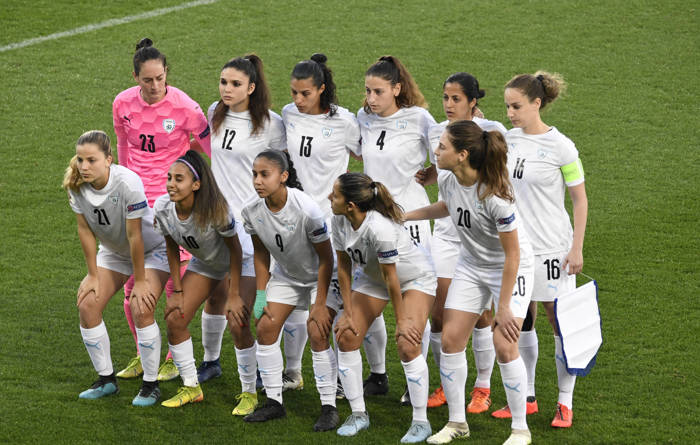
We also learned from our mistakes. We knew that in order to succeed this time, we needed to be united and have everyone on board. So, we made sure that every women’s player was going to be connected and feel a part of it. This also ensured the football association couldn’t invite other players for the national team. We were successful because we had such a strong solidarity. We all suffered from discrimination in one way or another. Every player, even if she was not part of the national team, took ownership of this. Then it grew. We had a lot of public support from other organisations, Olympic athletes, basketball players, media, and the sports ministry. We shared this feeling of: ‘together we can achieve more and we’re not going to let anybody stand in the way’.
We signed an agreement that equalises playing conditions, pay, staff, hotels, direct flights. We have a commitment to creating a strategic plan for the next eight years on how to grow the women’s game in Israel, which was important for us because this was bigger than just the national team. After this, I’ll say men and women really felt that if we stick together and we don’t let anybody come between us, then we can move mountains in Israeli football. It was important for women’s sports in general and gender equality in our society.
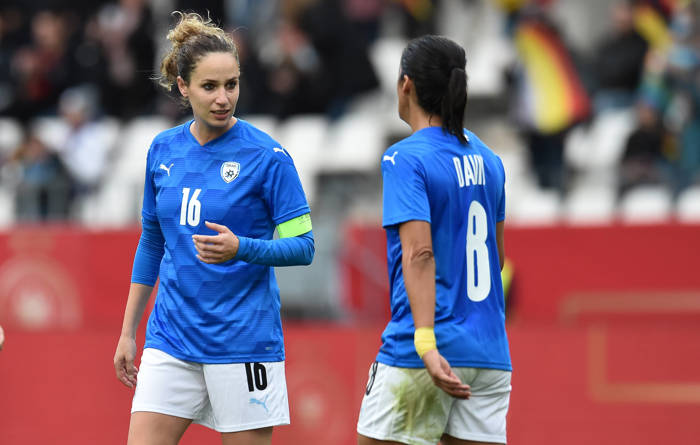
What are your ideas for FIFPRO?
There should be a stronger connection between FIFPRO and the unions. It serves both sides: the strength of FIFPRO comes from the unions, and the strength of every union comes from the players. If we can utilise FIFPRO for the domestic level, but also use the domestic level for FIFPRO to tackle the international issues, then I think we’re going to see more success. Football’s governance system is outdated. It’s old, over a hundred years old. I think the players’ voice is not heard enough. For example, the overload of matches. Players are not machines and sometimes the reaction we get from other stakeholders regarding this issue is simply unacceptable.
My second goal is that, through FIFPRO, we can promote better diversity, inclusion and equality. Sport is a platform that brings together people from all types of genders, races, religions and colour. We should arrange a safer football environment, reduce racism, cases of abuse, harassment. We need to create a more inclusive environment that really allows everybody to be part of the best game in the world.
